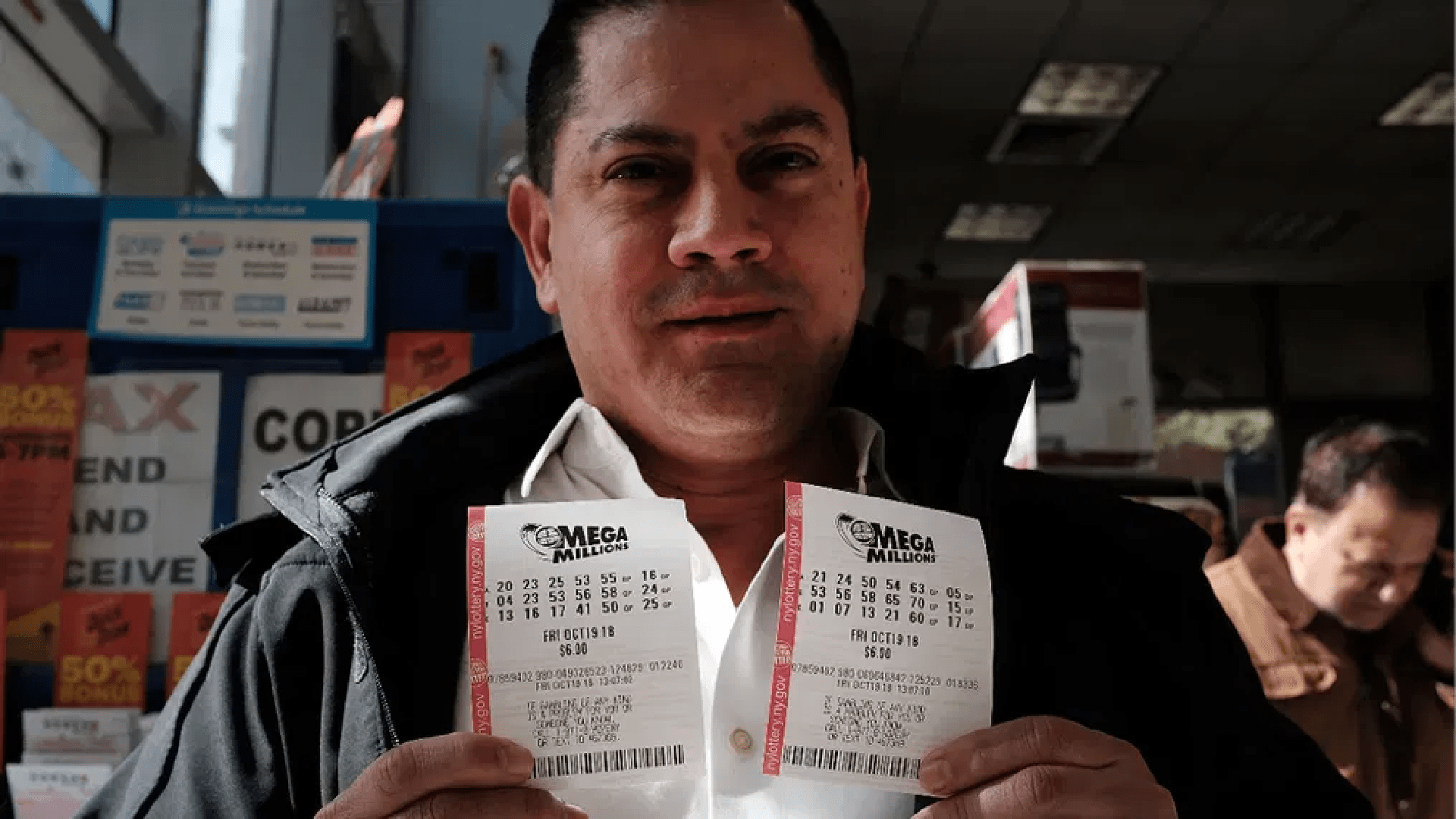California Lottery Disputes $197.5 Million Prize for Man Who Lost One of Two Winning Tickets
According to the lottery's lawyers, the California Lottery is not obligated to pay $197.5M to a man who asserts he purchased two winning lottery tickets at the same Encino, Calif., gas station, one of which he mislaid.
The Mega Millions jackpot of $394 million from Dec. 8, 2023, was divided between two tickets, which the lottery has verified were both bought at the same Chevron gas station.
In June 2024, Encino local Faramarz Lahijani claimed the initial half of the prize, amounting to $197.5 million. Lahijani refrained from making public remarks about the victory, informing the lottery officials that he had no desire to talk to the press.
In December 2024, shortly before the second ticket was set to expire, Lahijani filed a lawsuit against the California Lottery in the Los Angeles Superior Court for the remaining $197.5 million.
Ticket Remains Unaccounted
The plaintiff claimed in his lawsuit that he bought both tickets and is the "only winner." Therefore, he asserted that he is “entitled to the full jackpot … due to his having promptly submitted the initial matching ticket.”
Although Lahijani has yet to find the second ticket, he mentioned that he initiated the lawsuit prior to its deadline “as a precaution to maintain all rights he possesses to the complete Dec. 8, 2023 Mega Millions jackpot.”
However, in a submission this week to Judge Lia Martin prior to a hearing on October 29, lawyers representing the lottery stated they were adhering to the regulations.
“Payment of a Mega Millions prize without the submission of a valid winning ticket is expressly barred by the Mega Millions game Rules and by applicable California statutes and regulations,” asserts the filing.
Why Are There Two Tickets?
Lahijani asserts he picked the identical numbers he has utilized for lottery play for three decades, selected by his kids: 21, 26, 53, 66, 70, and the mega number, 13.
It’s uncertain why he bought two tickets with identical numbers when a single ticket would have achieved the same outcome. The California Lottery announced that the jackpot winning tickets were bought “in two different transactions” — a first.
One possible reason might be that this was a ritual based on superstition. Alternatively, he might have inadvertently purchased the same numbers again out of habit, having forgotten about his initial transaction.
An alternative explanation is that the purchaser acquired the ticket for an unknown individual, a claim the plaintiff firmly refutes.
Lahijani asserts that the lottery possesses enough information to recognize him as the legitimate winner of the entire prize.
The acquisition of lottery tickets establishes a contractual connection between the purchaser and the California Lottery, which the latter is breaching by failing to distribute funds, as stated in his lawsuit.
